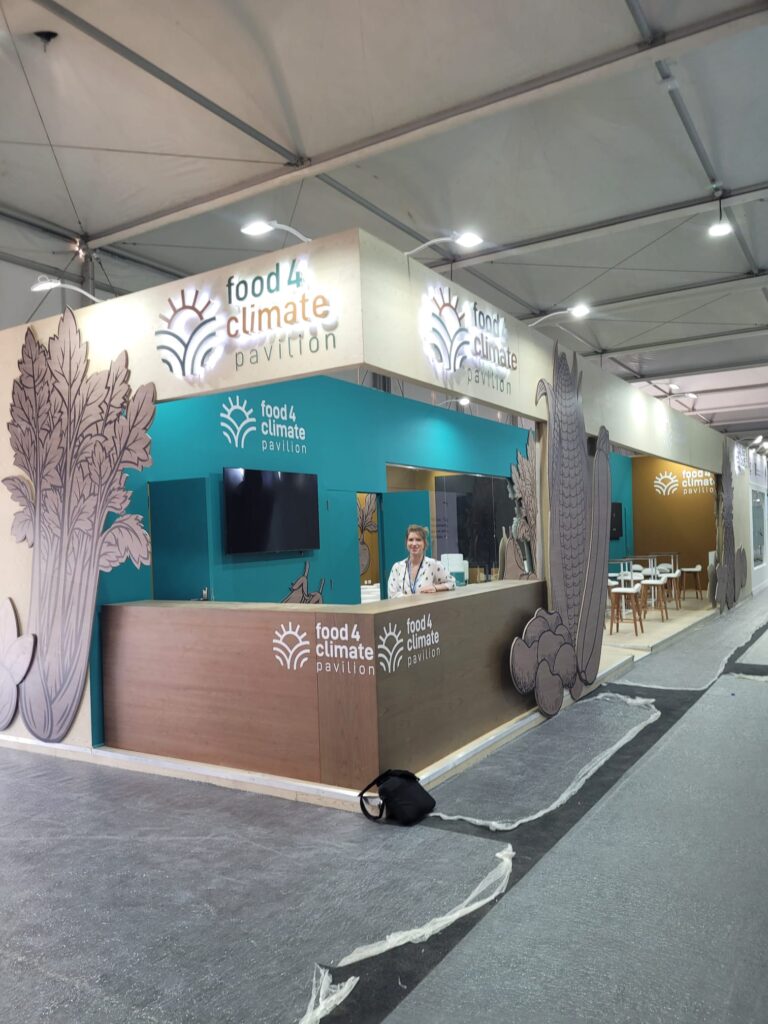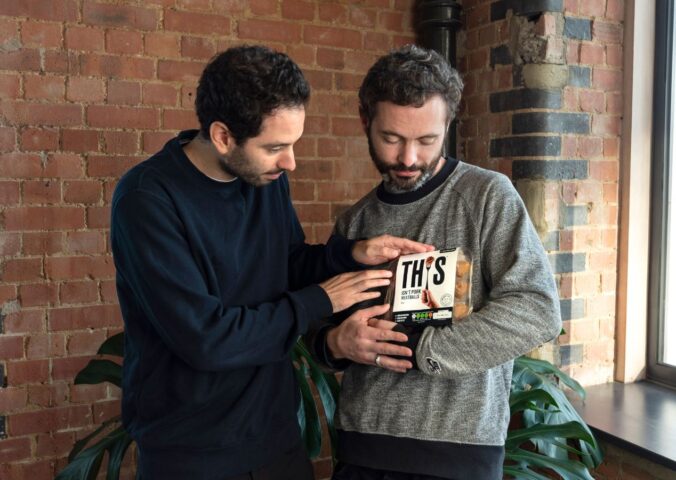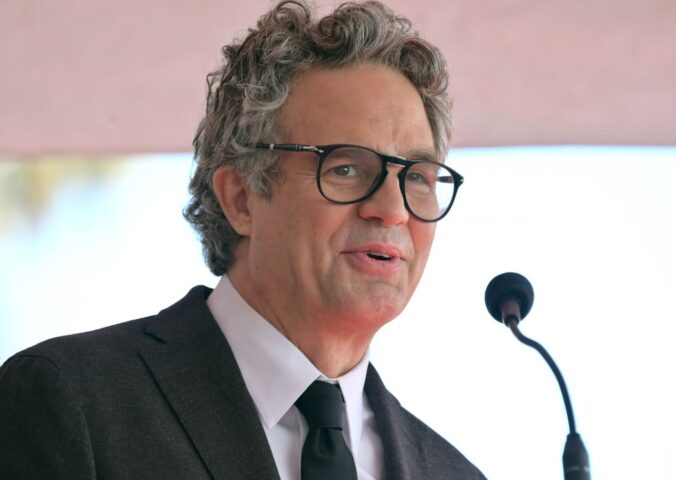COP27 is this year featuring a pavilion dedicated to food system change, something organizers have described as a “turning point.”
The “Food 4 Climate” pavilion was set up by ProVeg and 17 other global partners at this year’s conference, which is taking place now in Sharm El Sheikh, Egypt. It focuses on the huge impact animal agriculture has on our planet, and shines a light on the need for countries to transition towards a plant-based system.
COP is an annual UN climate change conference attended by world leaders and decision-makers. They will discuss plans and commitments to limit global heating to as close to 1.5C as possible, as outlined in the Paris Agreement.
Previous COP events have sparked controversy for failing to discuss animal agriculture, which is catastrophic for the planet. It contributes to at least 14.5 percent of greenhouse gas emissions, and is a leading cause of deforestation and biodiversity loss. Despite this, world leaders and the general public often neglect to include it in the environmental discussion.
This will be the first time such a pavilion has featured at COP, which Raphael Podselver, Head of UN Policy at ProVeg, described as “great progress.”

Speaking to Plant Based News (PBN) ahead of this year’s conference, he added: “Of course it’s going to be a turning point, but it’s only the beginning.”
What do world leaders need to do?
Podselver has been to COP each year since the COP24 in Katowice, Poland in 2018. He told PBN that, since then, there has been a growing acceptance of animal agriculture’s impact on our planet. He added, however, that this has not translated to action.
Podselver stressed that world leaders need to begin with a formal acknowledgement of the issues with our food system, something that most have neglected to do.
He added that they should follow this acknowledgement with ensuring that plant-based food is more accessible. They could do this by lowering tax on vegan foods, increasing meat-free options in their catering, and providing more education on these products.
Governments give away billions in subsidies to the animal agriculture industry, and reducing these has also been put forward as a solution.
Despite the fact that the pavilion marks a step forward, Podselver emphasized that there is still a way to go before society and governments accept that farming needs to be addressed.
“We have not arrived at the point where countries are taking away subsidies from animal agriculture and subsidizing alternative proteins in general, or encouraging dietary shifts and having some sustainable catering,” Podselver said. “We’re still far away from that so we have a long road to go.”
Running out of time
Last month, three major UN reports warned that time is “running out” to address the climate crisis. It was also warned that there is “no credible pathway to 1.5C in sight.”
“It’s a really bleak moment,” said one of the authors. “Not only because of the reports showing that emissions are still rising, so we’re not delivering on either the Paris or Glasgow climate agreements, but we also have so much scientific evidence that we are very, very close to irreversible changes – we’re coming closer to tipping points.”
Addressing the report, Podselver says action on food system change needs to be taken at this year’s COP, or it may be too late.
“If we don’t start working on that shift and having real plans put in place, whether it’s some individual countries but also some bigger structures around finance, there’s no chance. We have less and less time, we need to start committing now. We need to deliver even more commitments than at COP28 in the UAE, if we do we can get closer to 2.0C.






